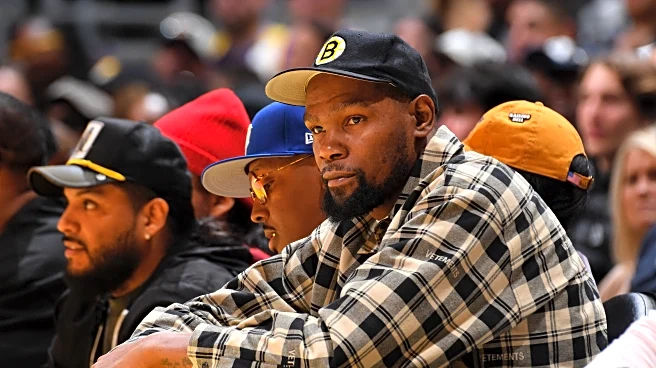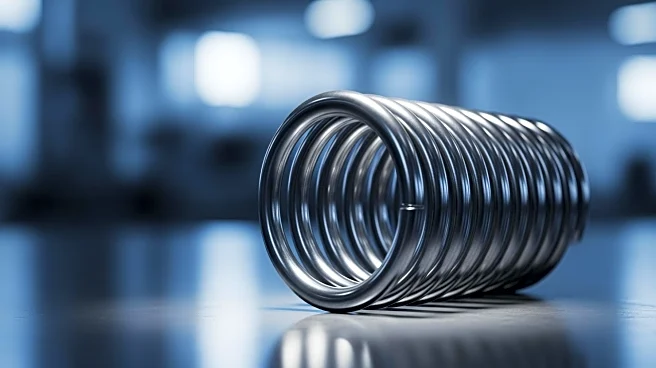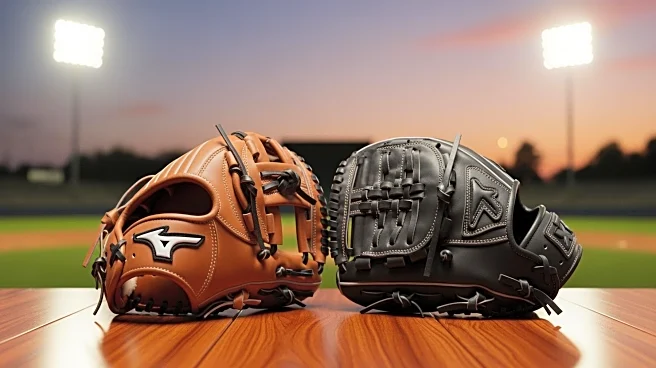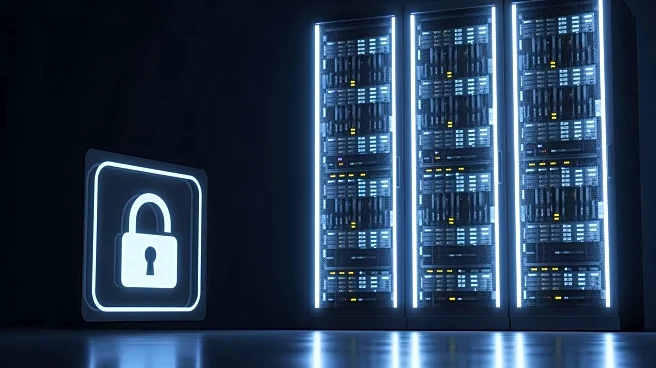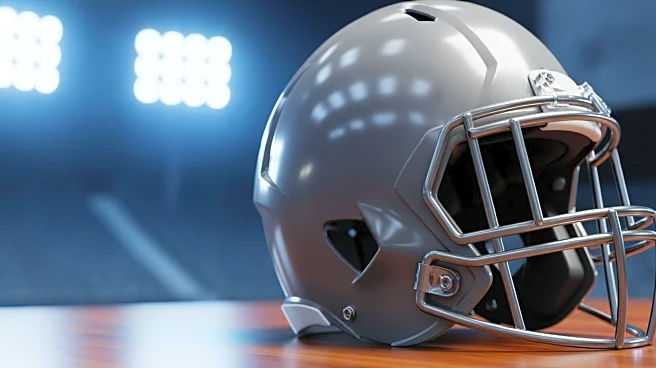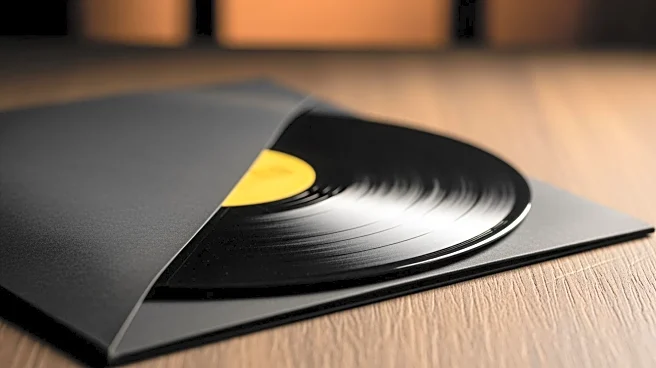Kevin Durant fatigue is real, and I’ve got it in spades. Two-plus years of covering one of the greatest basketball players of all time in Phoenix should feel like a gift, but the truth? It felt more like standing
in the eye of a tornado. The talent, sure, I’ll miss that. The pull-up jumpers, the effortless scoring, the gravity he commanded every time he touched the ball. But everything else? The weight, the expectations, the endless swirl of narrative and noise? That I won’t.
Durant is a fascinating contradiction.
He’s one of the few superstars who actually engages on social media, who shares pieces of himself in a way fans constantly demand from athletes. And yet, when he does, people hammer him for it. Transparency punished. Honesty ridiculed. That’s always struck me as bizarre.
But what really made the Durant era feel heavy wasn’t him. It was the context. The Suns with Durant simply weren’t very good. Not by the standard they set when they mortgaged their future for him. Not by the expectations that turned every game into a referendum. Winning stopped being fun because the only metric that mattered was the win column, and when you’re losing, there’s no joy left to scavenge.
That’s why next season might actually feel lighter for Phoenix. Not because the victories will pile up — they probably won’t — but because the small wins will matter again. A rookie showing flashes. A young player leveling up. A roster finding rhythm without the crushing weight of “championship or bust” hanging over its head.
Durant himself? He tied the bow on this chapter recently, speaking about his trade.
“I would say around February, the Suns had pretty much let the league know that I was on the market,” Durant stated while on CNBC’s Game Plan. “Initially, I was a little upset because I felt like we built a solid relationship, me and the Phoenix Suns. And to hear that from a different party was kind of upsetting, but that’s just the name of the game.”
“So I got over that quickly and was trying to figure out what the next steps were. I heard Golden State was in the mix around the trade deadline, but that’s when Rich (Kleiman) came into play and those relationships that we built around the league and also playing in Golden State helped. We was able to tell them kind of hold off on that.”
“Since me being on the market in February when there’s also a trade deadline, people were just kind of seeing how their seasons played out and what they needed for their teams. And we knew we would revisit that right around the summertime, and Houston kind of jumped on, and it happened pretty fast from there.”
Some have framed KD’s comments as bitterness. I didn’t hear bitterness. I heard humanity.
His employer wanted to move on, and he did what was in his best interest. That’s not betrayal. That’s business. He didn’t want to be traded midseason, and I don’t fault him for that. He knew the summer was the clean break. The relationship wasn’t severed, but it was fractured. Egos bruised, ambitions misaligned.
And honestly? Why wouldn’t he want out? Phoenix wasn’t a winning situation anymore. The roster-building had been fumbled, Bradley Beal’s acquisition slammed the door on flexibility, and the Suns had no draft capital to replenish the cupboard. Durant, late in his career, wanted a chance at something better. Houston offered him that. Phoenix couldn’t.
So yes, I’m fatigued. I’m ready to move on. And so was Durant. I can’t blame him one bit. I’ll watch the Rockets, I’ll let myself wonder what might have been, and then I’ll turn back to the Suns. To the slow grind of development, the flashes of hope, the little victories that remind you why basketball is supposed to be fun.
